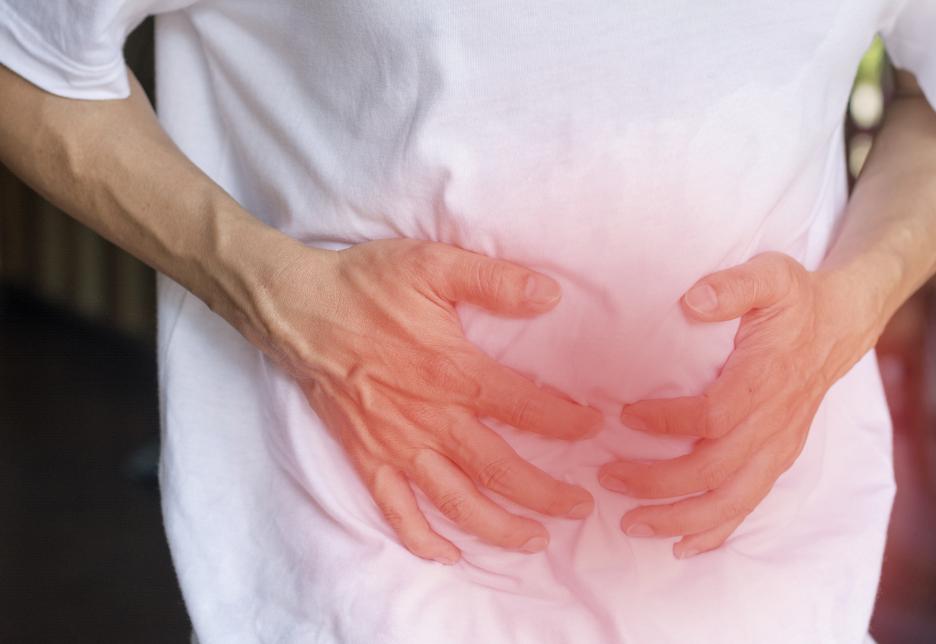A common disorder of the digestive system or gastrointestinal disorder affects millions of people around the world. IBS( Irritable bowel syndrome) is a state in which multiple symptoms appear in combination, which leads to reoccurring abdominal pain and causes bowel dysfunction. People with IBS may have constipation, bloating, nausea, stool with whitish mucus, feeling of incomplete bowel movement, or diarrhea.
Risk factors for IBS
- Bacterial infections in the digestive tract
- Overgrowth of bacteria in the small intestine
- Genetic predispositions
- Intolerance or sensitivity to food causes disturbance in the digestive tract.
- Stress like Physical or sexual abuse in early life in women
- Disorder of somatic symptom
- Anxiety or depression
Tips for IBS
The following tips help manage the symptoms of IBS in older adults.
Reduce stress
A small change in mood affects the whole system and causes severe bodily disruptions in older adults. You need to provide the elders with a relaxing and peaceful environment. To avoid stress, mediation is helpful. Regular meditation reduces stress and helps older adults forget stressful events to prevent the disturbance of GIT, as the brain and gut have a strong connection.
Dietary modifications
A diet directly influences the development of IBS; elders must follow a low FODMAP diet. A low FODMAP diet is considered safe and healthy for older adults with IBS.
A low FODMAP diet includes the following during IBS;
- Almond milk
- Fruits such as blueberries, oranges, pineapple, strawberries, or grapes
- Cheeses like Feta, Cheddar, Camembert, or Brie
- Grains such as rice, oats, or quinoa
- Vegetables such as brinjal, tomato, cucumber, zucchini, or potato
- Meat or egg
Try to avoid high FODMAP diets such as;
- Dairy or dairy items such as yogurt, milk, or ice cream
- Lentil
- Beans
- Veggies such as asparagus, artichoke, garlic, or onions
- Products made of wheat, such as crackers, cereals, or bread
- Fruits such as peaches, apples, cherries, or pears
Medication for IBS
An elderly is prescribed the following medicines by healthcare professionals.
Alosetron (Lotronex)
Physicians prescribe it to females only to treat diarrhea in IBS. Alosetron has less but significant side effects.
- Lubiprostone (Amitiza)
It is approved for females who have IBS with constipation.
- Rifaximin (Xifaxan)
This is an antibiotic that can reduce diarrhea and the overgrowth of bacteria.
- Eluxadoline (Viberzi)
Eluxadoline lowers muscle contractions and fluid secretion in the intestine, thus helping with diarrhea.
Side effects such as abdomen pain, nausea, or mild constipation may occur.
- Linaclotide (Linzess)
Linaclotide enhances fluid secretion in the small intestine and aids stool passage. Take this medicine 30 to 60 minutes before eating. Side effects may include diarrhea.
Staying physically active
Exercising can help reduce the symptoms of IBS. A few options may include the following;
- Yoga
Yoga improves digestion and reduces stress helping the elderly lower symptoms of IBS. Make the old age people try yoga during IBS.
- Walk
Daily walks can enhance digestion, hence lowering the symptoms of IBS. 5-6 days of walks are recommended to get the best results.
- Lifestyle modification
- Stay hydrated
Dehydration worsens the symptoms and causes severe effects on gut health; hence, the elderly suffering from IBS must fulfill their liquid needs daily for a healthy gut. Drinking two liters of water eases the symptoms of irritable bowel syndrome and prevents dehydration.
- Sleep properly
A proper sleep schedule should be followed to get an excellent 8-hour sleep for a healthy digestive system. The circadian sleep cycle should be taken care of to prevent IBS symptoms.
Conclusion
IBS is a combination of diseases and poor health conditions that lead to adverse health effects. Maintaining a healthy body weight, reducing stress, staying hydrated, taking medication prescribed by health care professionals, and improving lifestyle and dietary habits can ease the symptoms and thus manage IBS in the elderly.
“

